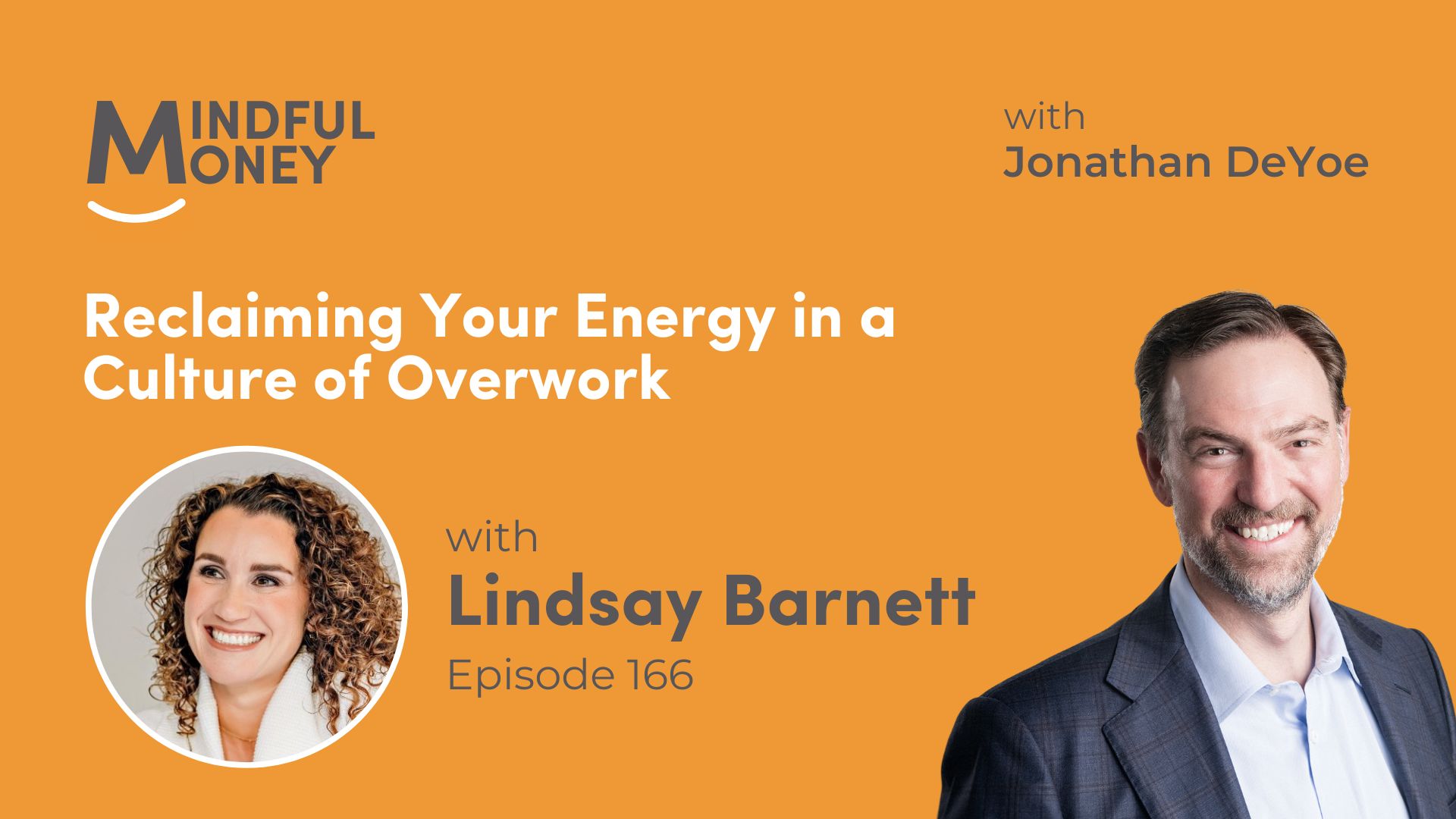Clearly, there is a very low bar to shop at the local drugstore. If you are wearing a shirt and shoes (pants, I guess, are presumed), you can be a customer. Tellers can handle 20 customers (or more) in an hour without knowing anything about each customer.
Professional service firms routinely spend multiple or even 10’s of hours per client engagement, and often learn more about the details of their clients’ lives than members of their own family. They have to set a higher bar.
Most professional services firms – bookkeepers, CPAs, financial advisors, and attorneys – ultimately have to wrestle with the issue of client minimums. Solo providers or very small silo firms may avoid it for a while, but every firm that grows (which is, every firm that is any good at all) will eventually need to increase their minimums, and add expenses in the form of additional people to work with clients – or stop taking new clients. The issue compounds where providers experience spikes in client needs – CPAs during tax time, attorneys in trial, advisors during emotional markets, etc.
Depending on the nature of the firm, the minimum can come in many forms. For advisors, there may be a minimum net worth (which supposes some future revenue), a minimum annual fee, or minimum assets managed (which when multiplied by the firm’s fee establishes their minimum fee).
Due to the intense nature of the relationship, a single advisor can only meet the needs of somewhere between 75 and 150 clients (depending on the depth of services and the office infrastructure) before their clients start to sense a lack of attention. In order to increase their own income, they can either take on new clients, or set higher minimums.
On the one hand, there is an honest time-management tension between the hours in the day, the number of clients, and the quality of the services.
On the other hand, there is a lot of ego in the financial services world. Our culture’s focus on money and the advisor’s desire for personal success drives financial industry participants to constantly seek wealthier and wealthier clients. Advisors move up market.
This has always bothered me.
Taking Issue With Moving ‘Up Market’
It all started for me with my very first tax return. When I was 12 years old, I had a summer job at Allied Van Lines’ Northwestern Warehouse in Rapid City, SD that provided a little more than $1500 in earnings to report on my first 1040EZ in 1983.
In the process of helping me, my parents shared their returns. Our family income was roughly 1/3 of the median national income – in the single digit thousands. I didn’t get it at the time, but this explained a lot about how we lived, what we ate, where we shopped, and why I could not do the things that my friends could do. This was our “normal” from my 3rd birthday until my dad finally got an engineering job at Ellsworth AFB when I was 15 – at which point they started to dig out of debt, deferrals, and a lack of savings. They couldn’t help me with college.
By the time I graduated high school, my feeling of financial lack led to both a social awkwardness around money and a drive to succeed. In college, I worked 40 hours a week, ate meals at the restaurants where I worked, and lived in the cheapest possible apartments (even spending a couple summers couch-surfing) in order to make it through. By the time I graduated from college, my anxiety over not having enough and the fear about losing what I had were a defining part of me.
So, when the wall street firms pushed my “account minimum” to $2.5 million when I was in my mid-20s with a negative net worth, I was literally out of my depth. I had never met anyone outside my clients with that kind of money… and I was supposed to help them with investing???
Can You Say Imposter Syndrome?
I had NO IDEA who I was dealing with, and I felt like a fake. I could not relate.
In 2001, when I left Wall Street to start my private practice, I wanted to help people I could understand. I committed to keeping minimums in the $500,000 range and I often took on clients who had far less.
From time to time, when we were too busy or we couldn’t hire fast enough, we would bump the minimum up to $1,000,000, but we were always looking for the technology and human resources that would bring it back down to $500,000 without sacrificing service quality and time per client. This made us a little less profitable, but it meant we were having more impact.
At the same time, whenever we met someone who fit every other criterion of “great client” but who didn’t meet the minimum, we did everything we could to help them, and we often brought them on as clients – minimums be damned. Some of these clients are my favorite people today. It was always about the people.
One of the criteria when I was looking to merge DeYoe Wealth Management into a new firm was a commitment to that $500,000 minimum. I find the $500,000 minimum is the best balance between the reality of limited resources and my desire to help everyone – especially those who are just starting out. I was happy to partner with a firm like EP Wealth that both improved the resources available to our wealthier clients AND continued to provide access to those with $500,000.
$500,000 Is Still Too Exclusive
Sadly, our $500,000 minimum still excludes well over 80% of our neighbors. It excludes everyone just starting out (when we could do the most good), most people in their early-mid career, and many folks late in their careers (approaching their critical retirement decisions). It means I can’t help people who are in situations similar to my parents in their 50’s. This issue continues to bother me. Solving the personal financial advice puzzle for the other 80% is my next project. I have ideas and I will introduce some new services over the next few weeks, but I would love to hear from you – especially if you are not a client.
What do you struggle with the most? What would be helpful to you?
The limiting factor for me as a continuing advisor is time. I believe a combination of topic-specific workshops and regular open-forum group coaching can become the backbone of a solution.
If you think I am crazy, tell me.
If you think of something you believe would be part of the solution, say so.





